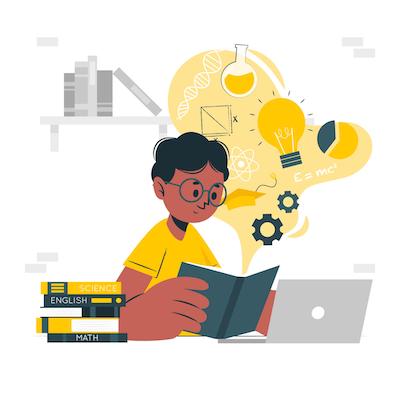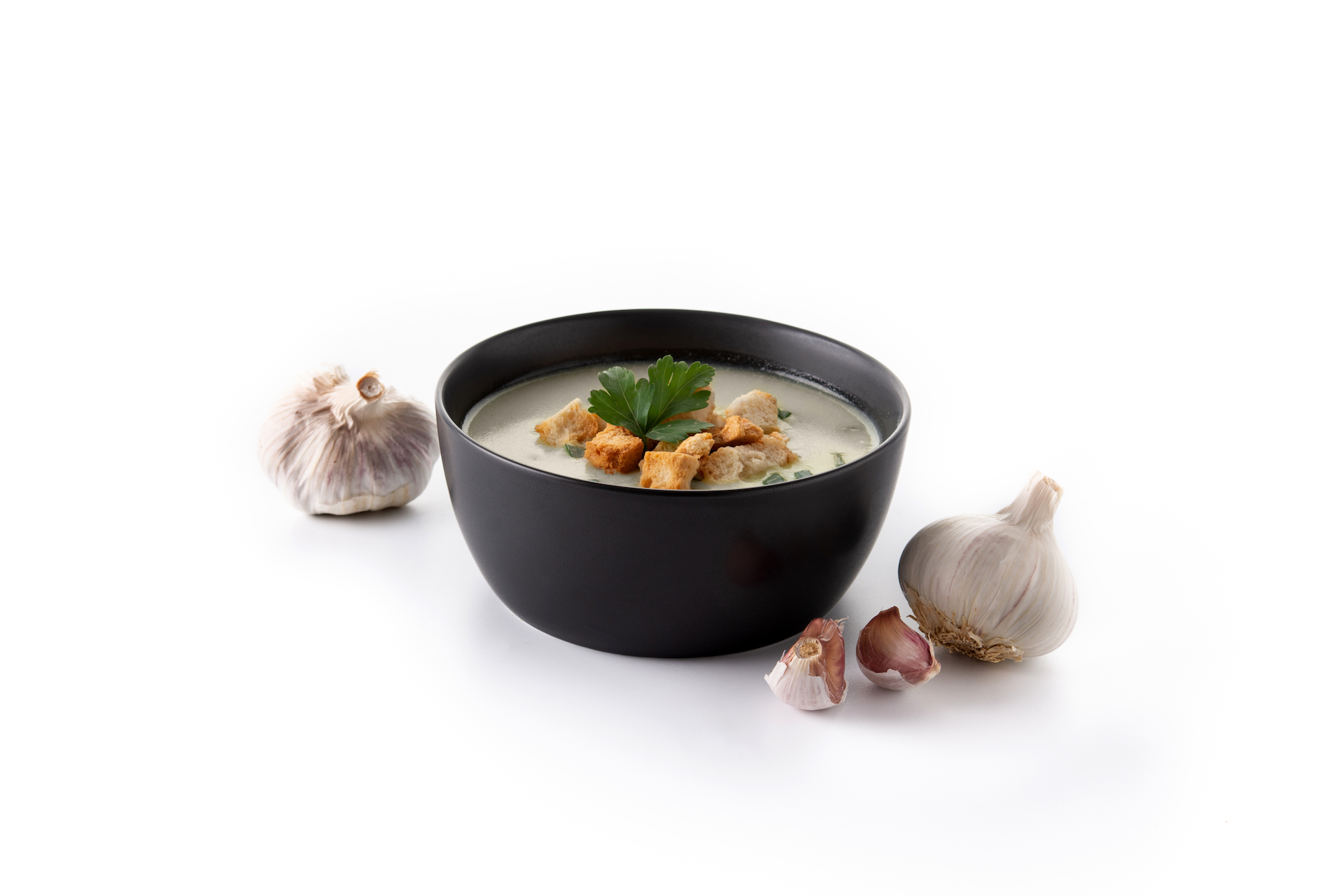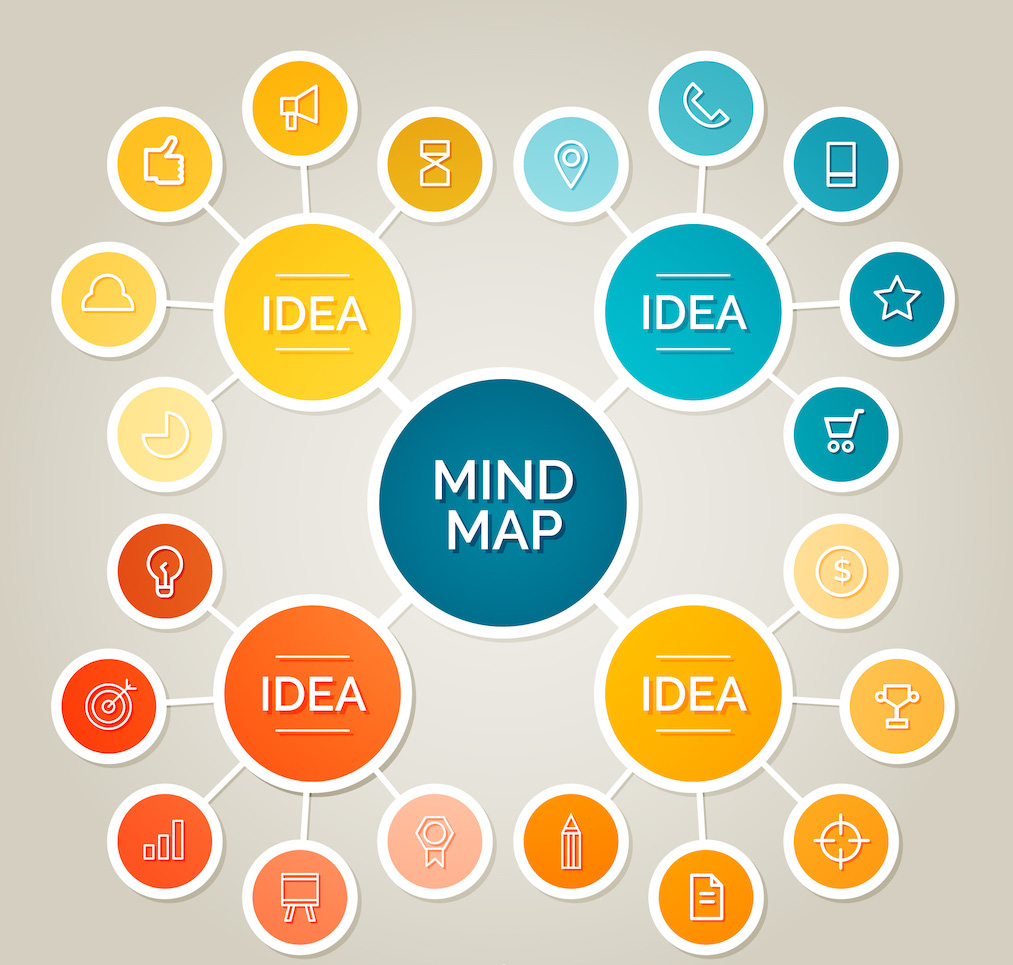Quick Glance of Today’s Blog
💡 Active Reading: Engaging with texts, like underlining key points in a history book, can deepen understanding.
💡 Time Management: Creating a detailed schedule for finals ensures that each subject receives ample attention.
💡 Utilizing Mnemonics: Mnemonics like "King Phillip Came Over For Good Soup" can aid in remembering complex sequences.
💡 Practice with Past Papers: Solving past mathematics competition papers can reveal patterns and guide study strategies.
💡 Collaborative Learning: Forming a study group to discuss literature can lead to richer insights and deeper understanding.
💡 Mind Mapping: Creating a mind map to link physics concepts helps visualize how ideas interrelate, enhancing comprehension.

Sinica Education believes in equipping students with these essential study skills to help them excel in their academic endeavors.
The process of studying effectively is not merely about absorbing information but doing so in a way that makes retrieval and application seamless. Success in academics often boils down to implementing study techniques tailored to individual needs and subject matter. In this blog post, we'll explore several essential study skills, each illustrated with realistic examples, to demonstrate how students can study more efficiently and effectively.
Active Reading
Active reading involves engaging with the text rather than passively reading it. For example, a student studying for a history exam can underline key dates and names, write questions in the margins, and summarize each section in their own words. This active engagement with the material helps deepen understanding and makes future review more effective.

Time Management
Time management is pivotal in achieving academic goals. A student preparing for finals might break down their study material into manageable chunks and create a schedule that allocates specific time for each subject. This systematic approach prevents cramming and ensures that ample time is devoted to each area of study.
Utilizing Mnemonics
Mnemonics are memory aids that can make complex information more digestible. A biology student trying to remember the taxonomy order (Kingdom, Phylum, Class, Order, Family, Genus, Species) might use the mnemonic "King Philip Came Over For Good Soup." This simple sentence can help recall the sequence more easily during an exam.


Practice with Past Papers
Solving past papers can be an excellent way to familiarize oneself with the exam format and types of questions asked. For instance, a student preparing for a mathematics competition might practice with previous years' papers to understand the recurring patterns and tailor their study plan accordingly.
Collaborative Learning
Studying in groups can foster a deeper understanding of the subject. A literature student might form a study group to discuss various interpretations of a particular novel or play. Different perspectives can lead to a richer understanding and provide insights that might not have been achieved alone.

Mind Mapping
Mind mapping is a visual tool that can help organize thoughts and connections between ideas. A student studying physics might create a mind map linking different concepts of motion, forces, and energy. By visualizing these connections, the student can see how these ideas interrelate, aiding comprehension.

Effective study is a blend of diverse skills tailored to the learner's needs and the subject at hand. From engaging actively with texts to organizing time and employing memory aids, these study skills can transform the learning process. At Sinica Education, we are committed to empowering students with these essential tools to optimize their study habits and achieve academic success.


